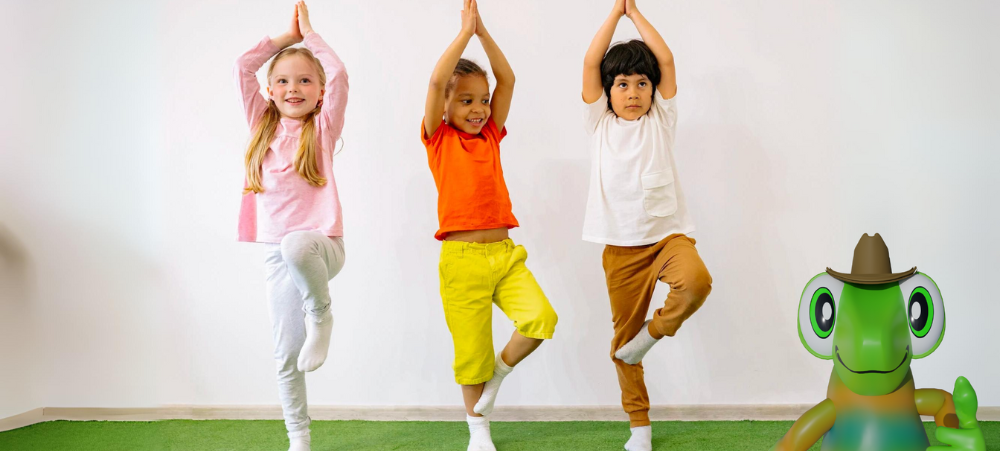(attend one of our free EQ talks – click here for details)
Emotions are energy and movements within our bodies based on how we interpret life and events. When we fall in love, our bodies feel wonderful, warm, tingly, cosy and excited as endorphins are released by the brain into our bodies. However, when we feel scared or threatened, our bodies feel constricted and tight which comes from the adrenalin and cortisol released to activate the fight or flight response. We experience hundreds of different feelings but interestingly enough all of these feelings are produced from two core feelings; love and fear which all starts with whether we feel accepted or not.
Acceptance is a Primal Need
Acceptance is our most primal human need. Every one of us strives for acceptance; who we are, what we stand for, what we believe and what we look like. ALL of this combined is what creates the way we feel about ourselves and how we respond and express ourselves. When we accept and love ourselves, we feel emotionally safe and are able to express ourselves from a place of love. But when we believe that we are unacceptable, we become defensive and express ourselves from a place of fear, which can come across as anger, frustration, irritation, impatience, judgement or by being dismissive.
Rose-Tinted Glasses
I’m sure you have heard the saying ‘seeing life through rose tinted glasses’. Well here’s the thing, we all have our own pair of tinted glasses that we view life through. When someone close to you – a partner, child or friend expresses their feelings of discontent to you, we immediately tend to assume it’s about us. We ‘view’ their words through our ‘glasses of non-acceptance’ and fear kicks in. We interpret whatever they are saying as criticism or believe that we did something wrong and feel responsible for their feelings and in the process become defensive.
Putting our Parents On Pedestals
So where does all this non-acceptance or acceptance of ourselves start? It starts in childhood and with our parents. If our parents like themselves and they feel good about themselves, those feelings are transmitted to us verbally and non-verbally. But if our parents are not okay with who they are, then this too gets transmitted to us verbally and non-verbally. Children tend to make everything about themselves, they put their parents on pedestals, and whenever something doesn’t feel right, they think that it’s because of them.
My mom loved to turn simple events into adventures. She always tried to look on the bright side. I recall one evening sitting at the kitchen table watching her make pancakes. I adored my mother, we were extremely close and as I watched her, I picked up her distress. I realised that her act of excitedly making pancakes was to mask the fact that all we had in the form of groceries was milk, water, eggs and sugar; the very same ingredients needed to make pancakes. I felt my mother’s distress of not knowing where the next meal was going to come from and in my ‘adoration for my mother,’ I came to the conclusion that if I wasn’t there, then her burden would be less. From that moment on, I grew up not wanting to be a burden to anyone and took on a stance of ‘I can do without’ and therefore I did go without so much for so many years until I uncovered this crazy belief and got rid of it.
As you can see from that example, I made my mother’s feelings all about me, it changed me as a person, it changed the way I felt about myself and it changed the way I expressed myself. Not for one instance did my mother tell me I was a burden, I concluded that all on my own.
You see, the only way you can change the tint on your glasses is by changing your internal view, which basically means to change the way you view yourself.
How Acceptance helps your child
Acceptance is a choice, to accept yourself, means being totally open and honest about who you are, and then giving yourself permission to be that person. The minute you do this, you change the tint of your glasses and not only are you able to see all the good stuff about you and your life, but you are able to do the same with others. Your defensiveness of yourself and your judgement of others disappears. Once you accept yourself, you are able to accept others for who they are too. And, more importantly you will role-model this to your children, they too will feel acceptable just as they are. I am not saying that this includes accepting bad behaviour. what I am saying is that your children need to know that who they are is acceptable, that they are enough and worthy of your love and respect, that it’s not dependant on their good behaviour.
Click here to attend one of our free EQ talks in April and May





